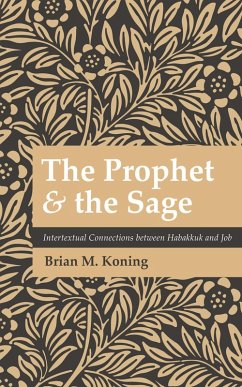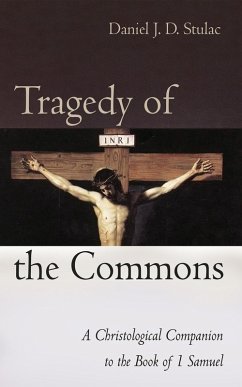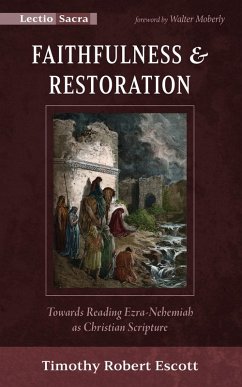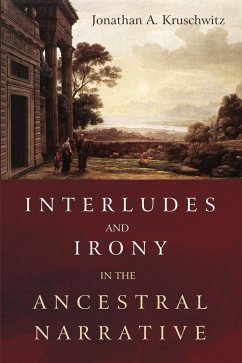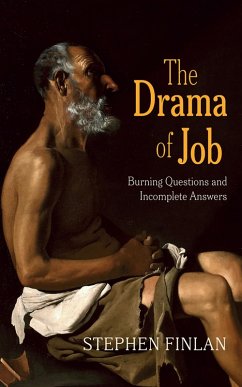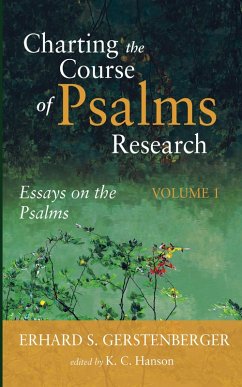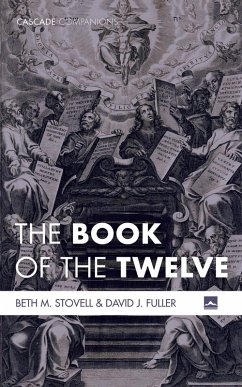
Viktor Frankl and the Book of Job (eBook, ePUB)
A Search for Meaning
Versandkostenfrei!
Sofort per Download lieferbar
15,95 €
inkl. MwSt.
Weitere Ausgaben:

PAYBACK Punkte
8 °P sammeln!
This book accomplishes two distinct tasks. First, it develops the psychological theory of Dr. Viktor E. Frankl as a literary hermeneutic. Second, it applies the hermeneutic by reading the book of Job. Key issues emerge through three movements. The first movement addresses Frankl's concept of the feeling of meaninglessness and his rejection of reductionism and nihilism. The second movement addresses the dual nature of meaning; an association is revealed between Frankl's understanding of meaning and the Joban understanding of wisdom. The third movement involves an exploration of Frankl's ideas o...
This book accomplishes two distinct tasks. First, it develops the psychological theory of Dr. Viktor E. Frankl as a literary hermeneutic. Second, it applies the hermeneutic by reading the book of Job. Key issues emerge through three movements. The first movement addresses Frankl's concept of the feeling of meaninglessness and his rejection of reductionism and nihilism. The second movement addresses the dual nature of meaning; an association is revealed between Frankl's understanding of meaning and the Joban understanding of wisdom. The third movement involves an exploration of Frankl's ideas of ultimate meaning and self-transcendence. As a Holocaust survivor, Frankl had a personal stake in the effectiveness of his approach. He lived the suffering about which he wrote. Because of this, reading the book of Job with a hermeneutic based on Frankl's ideas will present readers with opportunities to discover unique meanings and serve to clarify their attitudes toward pain, guilt, and death. As meaning is discovered through participation with the text, we will see that Job's final response can become a site for transcending suffering.
Dieser Download kann aus rechtlichen Gründen nur mit Rechnungsadresse in A, D ausgeliefert werden.




